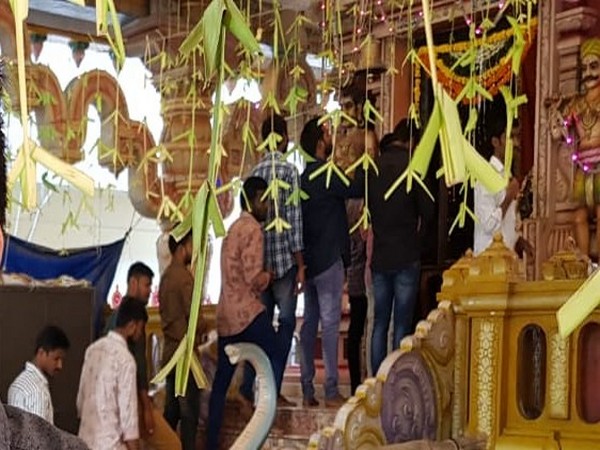Mukhtar Abbas Naqvi Says About 82% Decline in Triple Talaq Cases Since Law Enacted by Modi Govt
Wed 22 Jul 2020, 16:00:05
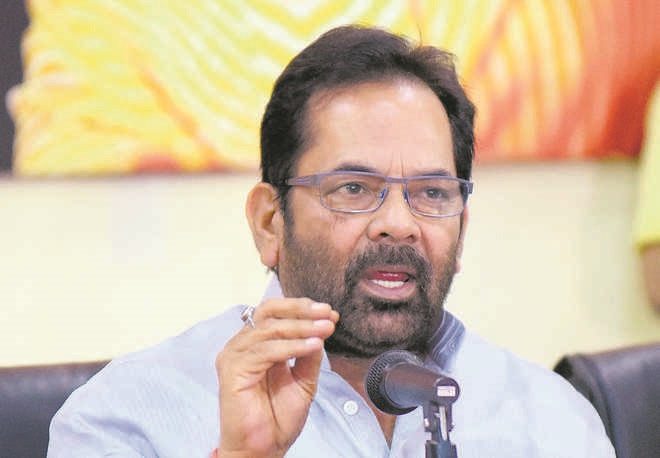
There has been about 82 per cent decline in triple talaq cases since the law against the "social evil" was put in place, Minority Affairs Minister Mukhtar Abbas Naqvi said on Wednesday, terming August 1, when the legislation came into being as, "Muslim women's rights day".
He also asserted the Muslim Women (Protection of Rights on Marriage) Act, 2019, has taken its course whenever such a matter has been reported.
In an article 'Triple Talaq -- Big Reform, Better Result' which was posted by Press Information Bureau, Naqvi said triple talaq or talaq-e-biddat was neither Islamic nor legal, but the social evil was still given "political patronage" by "merchants of votes".
"August 1, 2019, is a historic day in Indian parliamentary history when the bill against triple talaq was made a law despite the obstacle by so-called 'champions of secularism', including the Congress, Communist Party, Samajwadi Party, Bahujan Samaj Party and Trinamool Congress," Naqvi said.
August 1 turned into the day which guaranteed sexual orientation uniformity and fortified established, principal and law based privileges of the Muslim ladies, he stated, naming it the 'Muslim ladies' privileges day'.
That day will stay a "brilliant second" in Indian majority rule government and parliamentary history, the pastor said in the article.
"One year has gone since the law against triple talaq was passed and there is a decrease of around 82 percent in triple talaq cases from that point," Naqvi stated, without explaining on the figures of such cases.
A law against the "social evil" of triple talaq could have been passed in 1986 when the Supreme Court had given the historic judgement in the Shah Bano case, he said.
The Congress had an absolute majority in Parliament with more than 400 out of 545 Lok Sabha members and more than 159 out of the 245 Members in Rajya Sabha, but the then Rajiv Gandhi government used its strength in Parliament to make the judgement ineffective and deprive Muslim women of their constitutional and fundamental rights, Naqvi said.
"The then Congress government
had bowed down before the illogic of some 'narrow-minded fanatics' and committed a criminal sin to deprive the Muslim women of their constitutional rights," Naqvi said.
had bowed down before the illogic of some 'narrow-minded fanatics' and committed a criminal sin to deprive the Muslim women of their constitutional rights," Naqvi said.
The Congress' "mistake of the moment" became a "punishment of decades" for the Muslim women, he said.
"The Congress was worried for 'vote ka udhaar' (the loan of votes), while our government was worried for 'samajik sudhaar" (social reform)," Naqvi said.
India runs on a Constitution, not on Shariat or any other religious textbook, the minority affairs minister asserted.
Noting that earlier various legislations had been brought in the country to abolish social evils such as Sati and child marriage, Naqvi said the law against triple talaq has nothing to do with religion and was made purely to ensure gender equality by ending an "inhuman, cruel and unconstitutional practice".
"Instant divorce by verbally saying Talaq thrice is illegal. There were several incidents coming where women had been given talaq through letter, phone or even through messages and WhatsApp. Such incidents are unacceptable in a sensitive country and to a government committed to inclusive development," Naqvi said.
Several Muslim-majority nations of the world had declared triple talaq illegal and un-Islamic such as Egypt, Pakistan, Bangladesh, Syria and Malaysia.
However, it took 70 years for India to get rid of this inhuman and cruel practice, Naqvi said.
The minister said the month of August is recognised as one of revolution, rights and reforms in the Indian history -- August 8, Quit India Movement; August 15, Independence Day; August 19, World Humanitarian Day; August 20, Sadbhavana Diwas; and August 5, the abolition of Article 370.
The Narendra Modi government made the law against triple talaq to make the Supreme Court's judgement of May 18, 2017, effective.
By enacting the triple talaq law, the Modi government has strengthened socio-economic, fundamental and constitutional rights of the Muslim women. The government is committed to social reforms and empowerment of all sections, Naqvi said.
No Comments For This Post, Be first to write a Comment.
Most viewed from National
Most viewed from World
AIMIM News
Delhi Assembly polls: Owaisi leads Padyatra in Okhla
Feb 01, 2025
We reject this Waqf Amendment Bill: Asaduddin Owaisi
Jan 30, 2025
Latest Urdu News
Most Viewed
May 26, 2020
Which team will win the ICC Men's Champions Trophy 2025 held in Pakistan/Dubai?
Latest Videos View All
Like Us
Home
About Us
Advertise With Us
All Polls
Epaper Archives
Privacy Policy
Contact Us
Download Etemaad App
© 2025 Etemaad Daily News, All Rights Reserved.

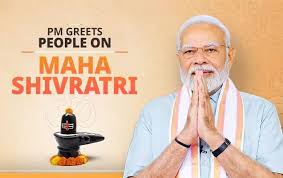
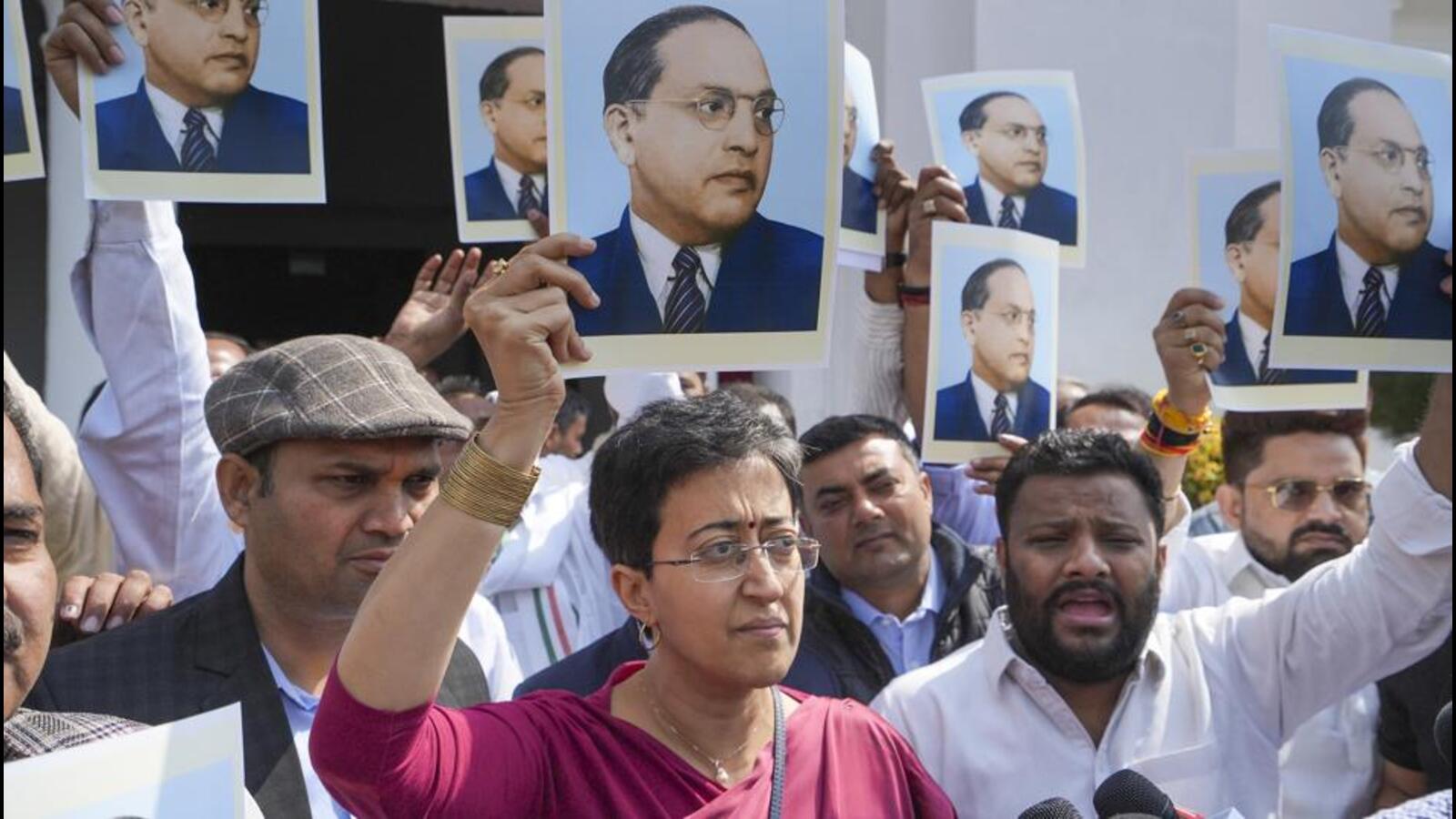


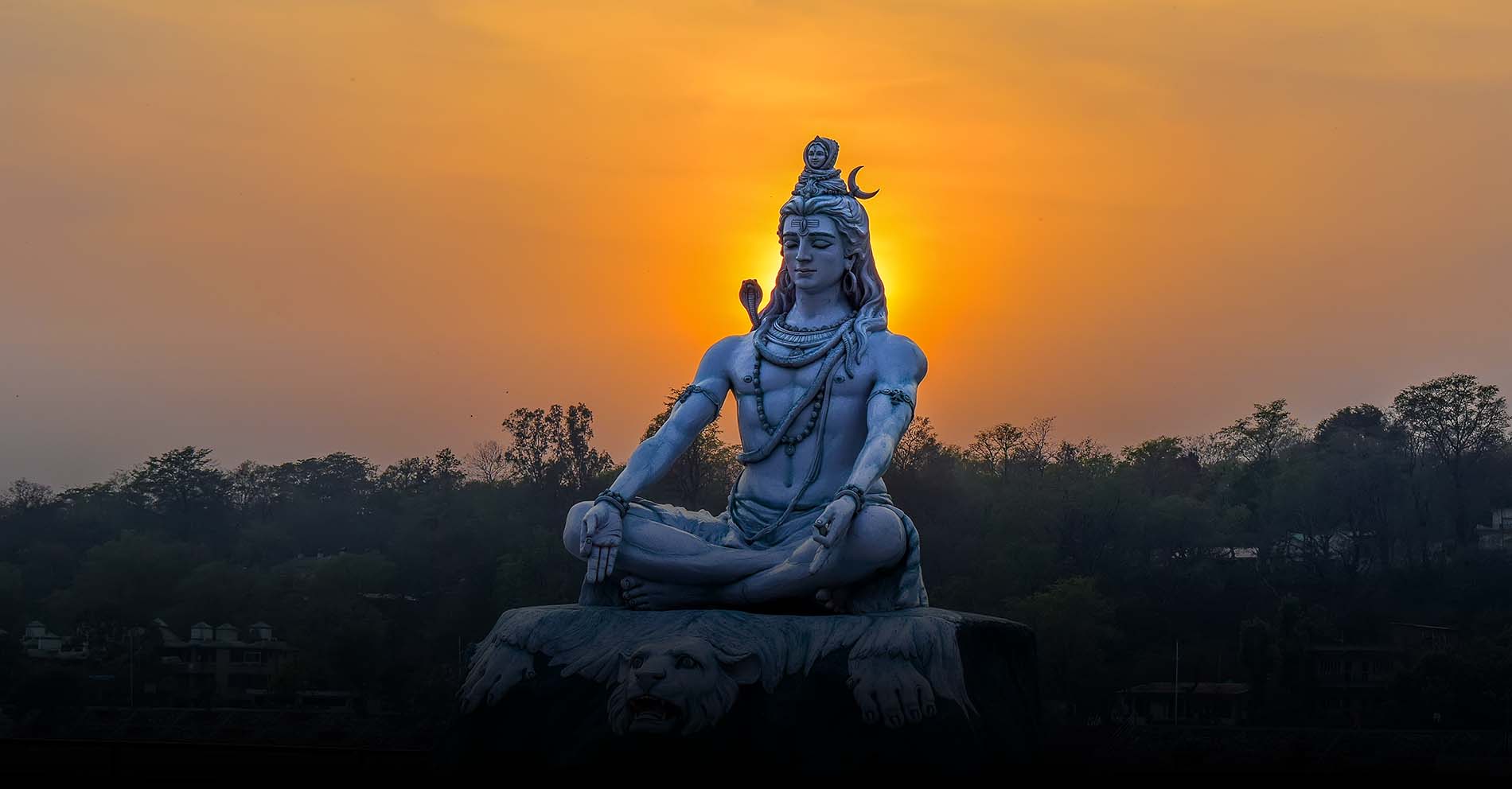
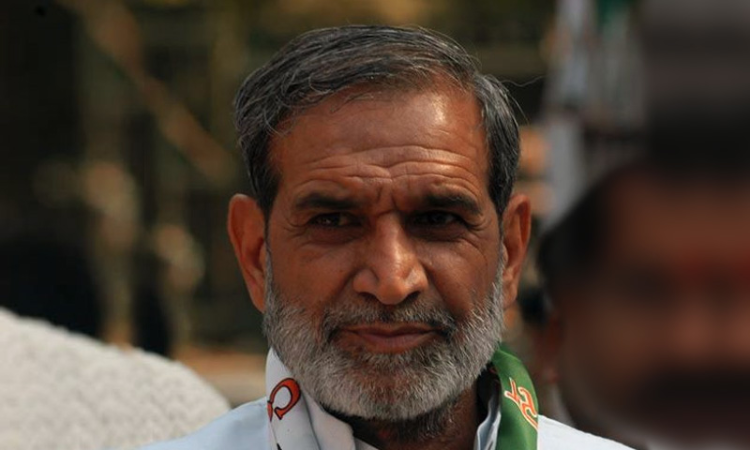

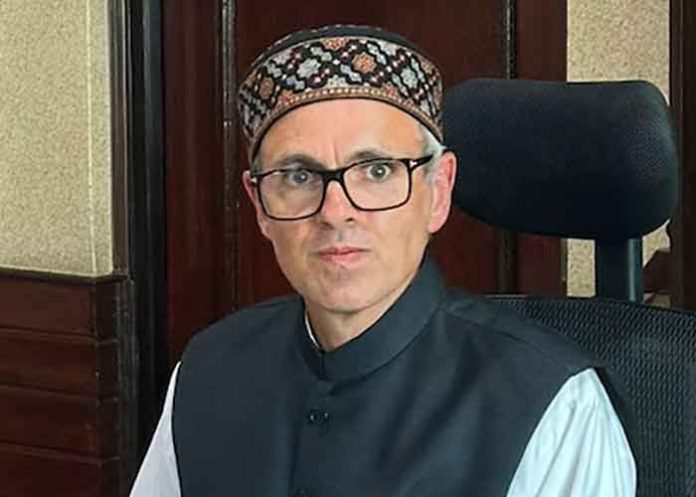



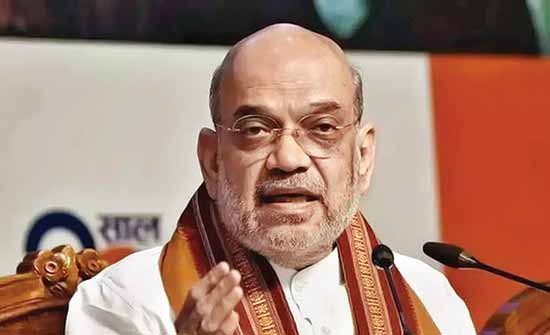
.jpg)

.jpg)
.jpg)
.jpg)
.jpg)
.jpg)
.jpg)
.jpg)
.jpg)
